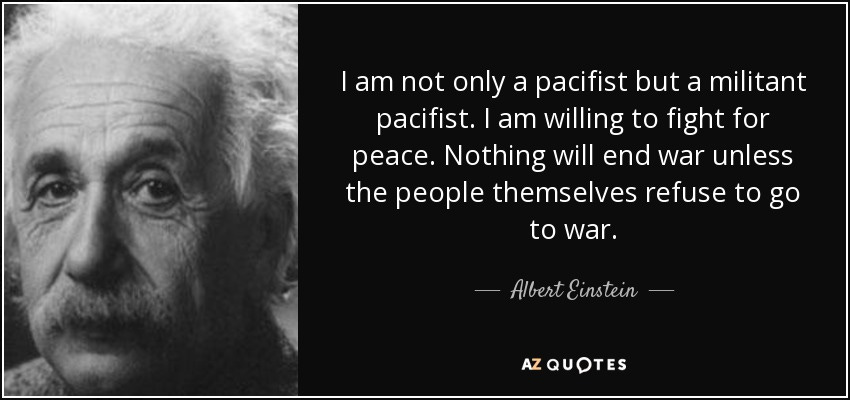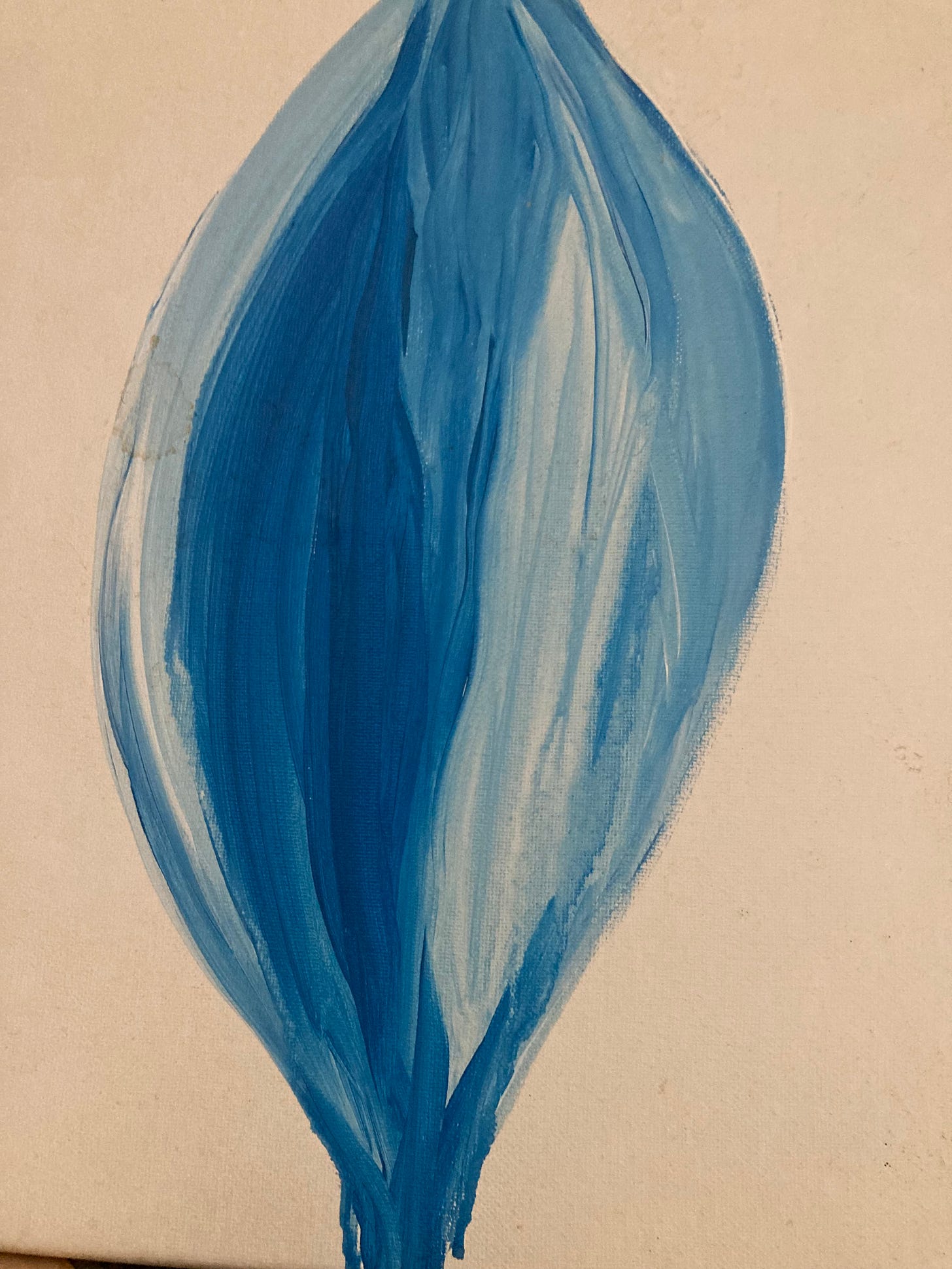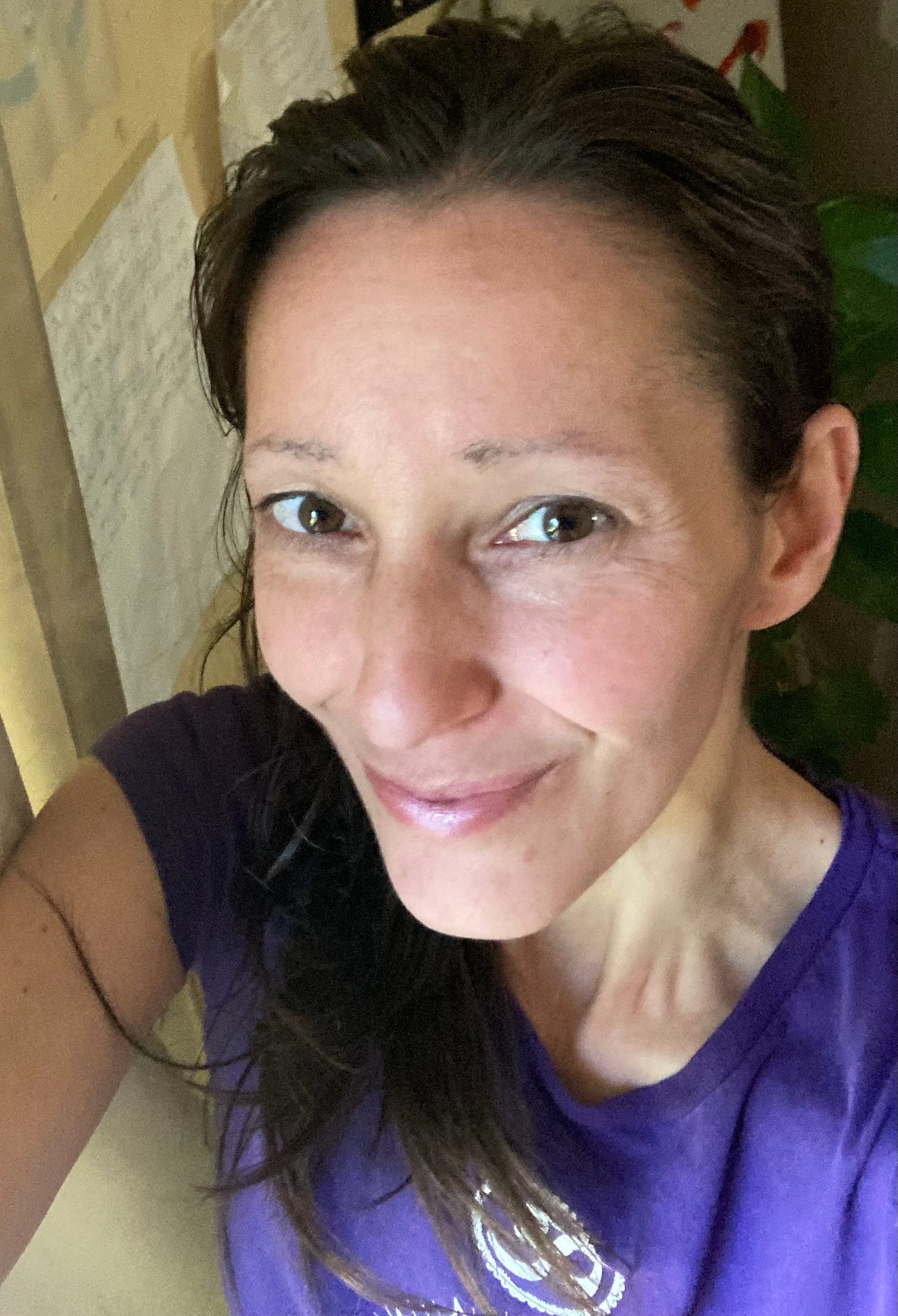Albert Einstein
Albert Einstein has always fascinated me. He isn’t a perfect fellow, and I’m not one to put even the most brilliant people on pedestals where they easily fall. Einstein is, however, someone I admire greatly on multiple counts, not least of which is his appreciation for music, intuition and the importance of keeping a sense of wonder and curiosity alive. Consider the following:
"A human being is a part of the whole, called by us "universe," a part limited in time and space."
"If I were not a physicist, I would probably be a musician. I often think in music. I live my daydreams in music. I see my life in terms of music ... I cannot tell if I would have done any creative work of importance in music, but I do know that I get most joy in life out of my violin.”
"The important thing is not to stop questioning. Curiosity has its own reason for existing. One cannot help but be in awe when he contemplates the mysteries of eternity, of life, of the marvelous structure of reality. It is enough if one tries merely to comprehend a little of this mystery every day."
“The greatest scientists are artists as well.”
"My passion for social justice has often brought me into conflict with people, as has my aversion to any obligation and dependence I did not regard as absolutely necessary."
“It occurred to me by intuition, and music was the driving force behind that intuition. My discovery was the result of musical perception.”
"I believe in intuitions and inspirations. I sometimes feel that I am right. I do not know that I am."
"The supreme task of the physicist is to arrive at those universal elementary laws from which the cosmos can be built up by pure deduction. There is no logical path to these laws; only intuition, resting on sympathetic understanding of experience, can reach them.”
The fellow with the wild hair and the passion for music and theories of light and relativity and spooky action at a distance also had passionate thoughts on issues related to Israel/Palestine. He was sympathetic to Jews and Arabs living together and learning from one another in the Holy Land - not to the creation of a Jewish state. In spite of this, he was asked to be the first President of Israel, and spoken of highly by top zionists who wanted to recruit him. In 1948 he wrote a letter in the New York Times comparing Israel to the fascism of the Nazis. In that letter, he particularly critiqued the attempt to garner American support for atrocities committed by early zionists…who went by a name we might equate with Trump: The Freedom Party. It is funny how something precious like freedom can get co-opted to mean a form of nationalism that supports genocide. Have you ever wondered for example about the names Freeland and Nulled and their connections to Ukraine? On the other hand, although Einstein deeply wanted to ensure that Hitler did not prevail, he was so much suspected of cavorting with the Soviets that he was not allowed to work on the A. bomb. He was a peace activist who, like Nikola Tesla believed having a bigger, badder weapon was insurance. Later he became passionate about disarmament when he saw the Cold War pushing us closer to Nuclear War. Einstein was a socialist. My own view is that both right and left are always bought or blackmailed by the same interests who want to control humanity, whether in the name of freedom or equality. True communalism, which is the closest term I can think of for the kind of localist, but not isolationist world I want to live in is not anarchy or libertarianism…it is truly that individuals make up a community of people who love all life, love one another and live in harmony with the land - and these communities directly decide and choose their wisest members to speak for them - on whether or not to participate in shared projects and goals with other communities. No stakeholder capitalism, no communism. We don’t need Stalin or Hitler, folks. What we need is places of local connection where human beings, plants, animals, fungi, elementals, sky, water, earth, stars all feel that they are a part of one another’s daily lives. In a communal way of life, we know and care for one another from natural empathy. In a cosmically connected localism, little communities would be fully choosing where to put their resources together, with 100% local control, and a commitment not to dominate or seek to acquire control of other communities, due to a simple universal value of love and honoring of each cluster of humanity in its unique vitality and health.
Yet even though Einstein was critical of zionism, if you look up his biography on various “approved” platforms, they will state that he was friendly toward zionism, but only quote the zionists who courted him, even asked him to be the first President of Israel. It would have looked great for Israel, but Einstein wasn’t down for it. Instead, he had profound criticisms of Israel’s direction. From Princeton:
https://paw.princeton.edu/inbox/why-did-einstein-refuse-presidency-israel
”Ten years prior to this letter, Einstein declared at New York's Commodore Hotel that a Jewish state with borders and an army to protect those borders ran counter to “the essential nature of Judaism.” Also, in 1946 he told the Anglo-American Committee of Inquiry on the Palestinian issue, “I cannot understand why it [a Jewish State] is needed. It is connected with narrow-minded and economic obstacles. I believe it is bad.”
Further describing the Freedom Party, the letter stated it includes “an admixture of ultranationalism, religious mysticism, and racial superiority” and that it bore the “unmistakable stamp of a Fascist party for whom terrorism (against Jews, Arabs, and British alike), and misrepresentation are means, and a ‘Leader State’ is the goal.”
Ibid
How would our world look if we loved our neighbor as ourself? Locally and internationally? How can we practice more curiosity, wonder and imagination in ways that bring us closer to peace within ourselves and our local and non-local communities? Do you think that spooky action at a difference is one way our peace practices in our own lives can influence what is happening around the world? I do! What helps you connect with the energy of peace? What inspirations do you have that come intuitively or through imagination that could have really practical application to help humanity live in harmony, peace in a way that is truly free and abundant and operating from a consciousness of our oneness? How can we model that way of living in our microcosms a little bit more than last year and in these past several years when giving away power became so common it was seen as a socially responsible behavior? How can reclaiming our power as the power of love - including the right to be truly free from any form of deception or enslavement or genocide - nurture a kinder, more local, more ecologically sensitive and loving world where all may prosper in freedom, harmony, grace and genuine? connection
.






Thank you, Alicia, for this enriching piece of history about Albert Einstein. The thing is all religions are fascism in the name of God: they detain the only truth they impose on people with a set of rules to follow blindly. If people do, God loves them, if they don’t God will punish them. Religion is just another name for politics with mysticism attached, it is used to conquer, enslave and kill opponents and this is true for every religion.
This is why I love spirituality: God is everywhere but imposes no rules. It is just that incredible energy of love, not that punishing Santa Claus father figure. Albert Einstein believed in God in that way, he knew that music changed his vibrational state but he didn’t know why and how. Sometimes only knowing what brings us joy is enough, it is a giant step towards our inner self, towards what we are here to do and experience.
Humanity still has a long way to go on its path to realize that but a lot of us are awakening right now to light the way. I believe you and I are part of them. Lots of love.
Well done. I too am fascinated by Einstein. I do find his stance on Zionism particularly interesting. I remember learning about the post world war years. It seemed like our textbooks very much pushed us towards the acceptance of the "rightness" of creating a Jewish state. Particularly after the horrors perpetrated by the Nazis. But with perspective, I does seem to have become an excuse to seek retribution on ancient enemies. There are never easy answers, and sometimes our quest to find them yields more harm than good.